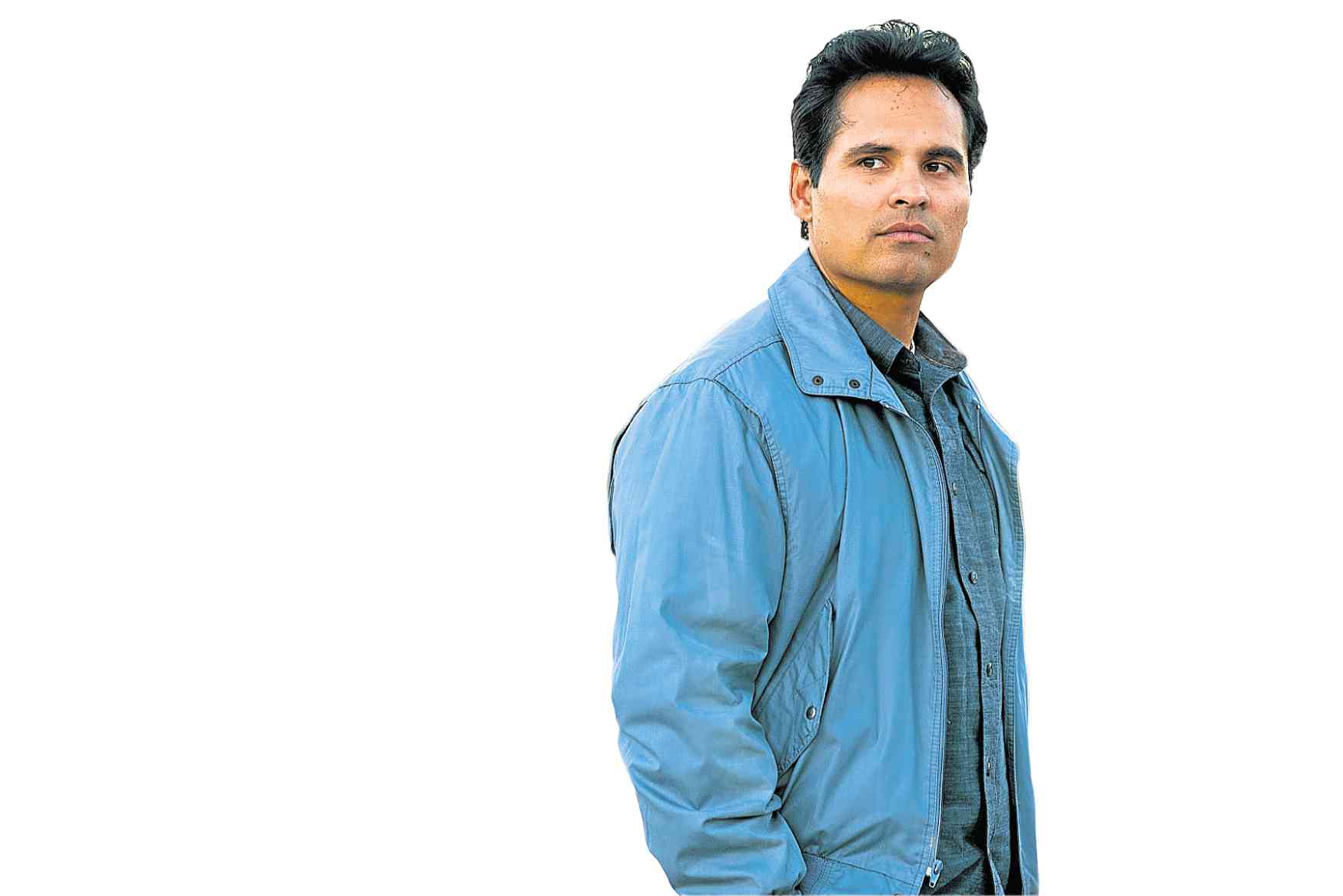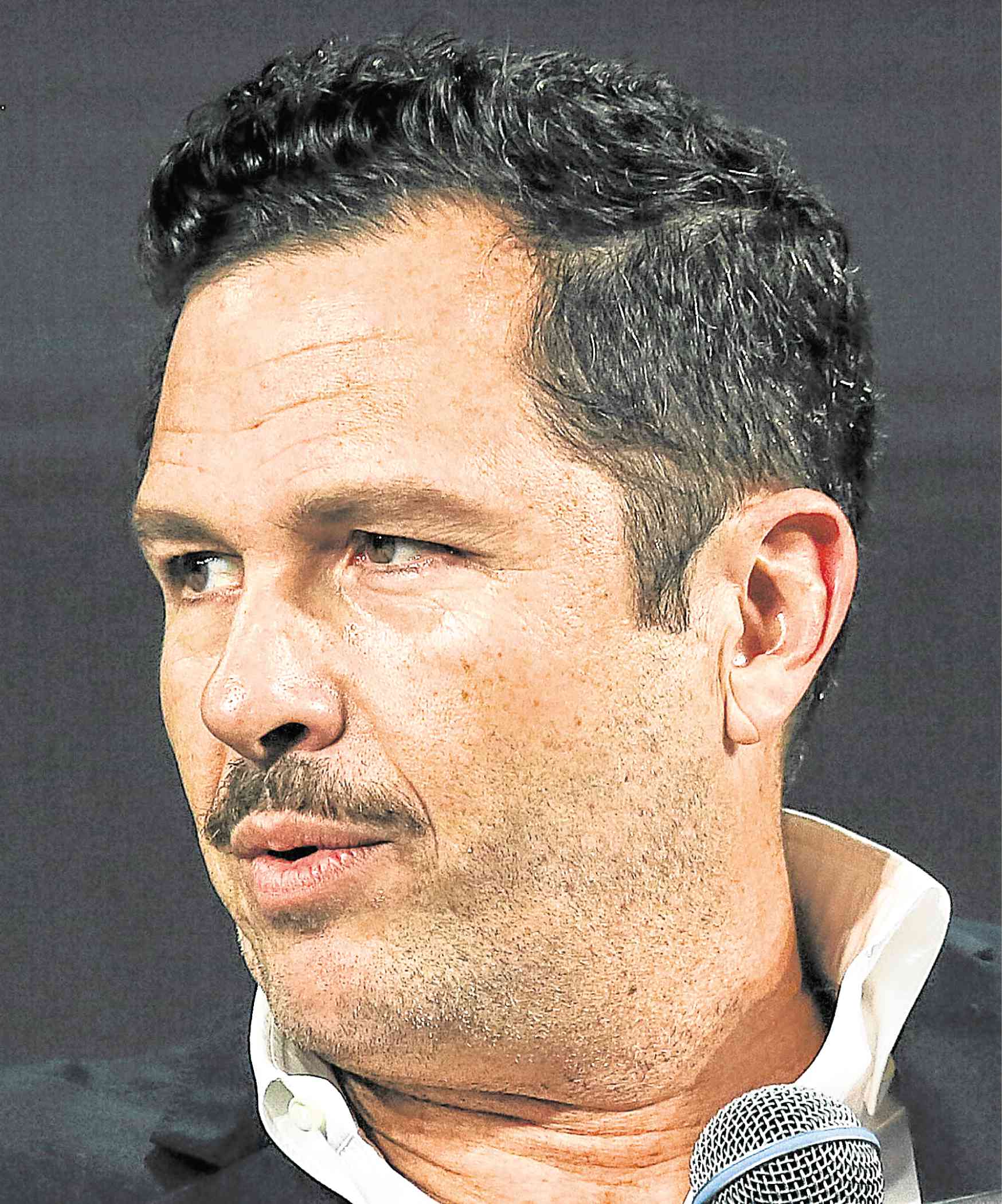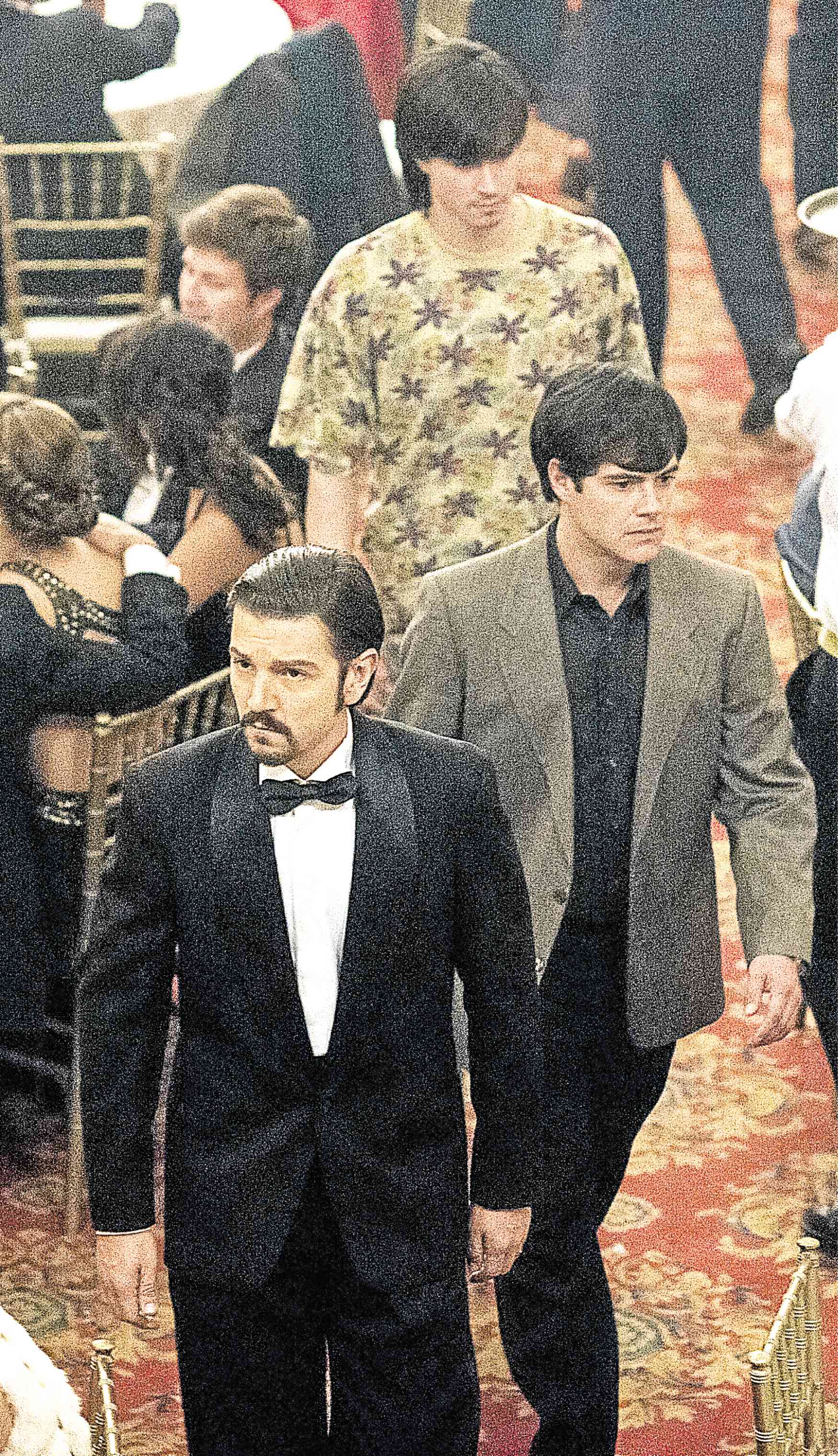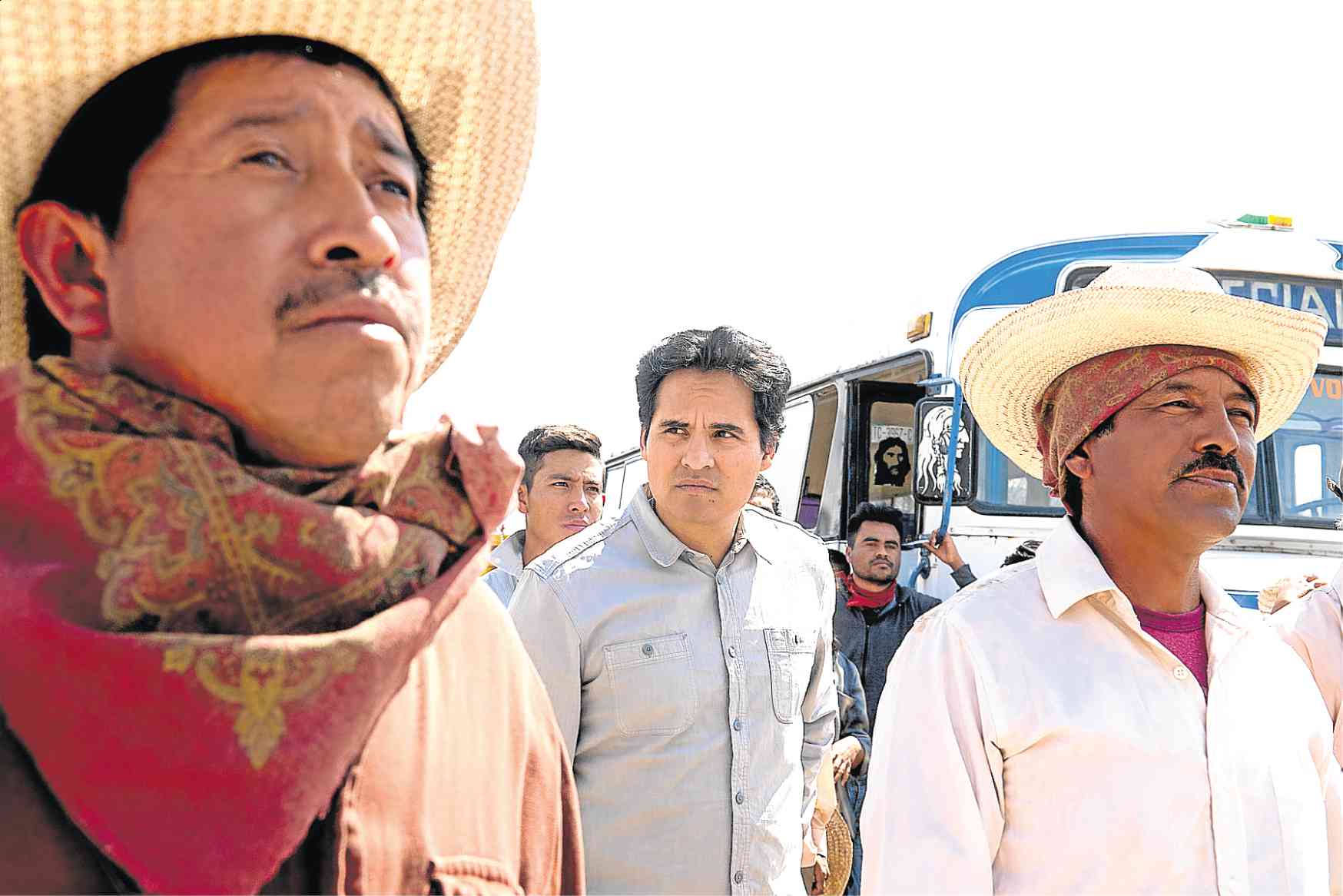How to win the drug war according to ‘Narcos’ producer
When we met “Narcos: Mexico” star Michael Peña and executive producer Eric Newman in Singapore late last year, we weren’t the only one asking the questions.
When he learned that we were from the Philippines, Newman asked us how “Narcos” was being received by Filipino viewers, knowing that the country’s own war on drugs has been a polarizing issue between the government and its critics.
After telling them about the show’s popularity in the Philippines, we told Newman and Peña that when we met Pedro Pascal, the star of the controversial series’ previous seasons, two years ago in Colombia and asked him if he thought the war on drugs was something that could be won, the actor told us he didn’t think so.
Asked if he shared Pascal’s answer, Peña said, “Here’s the thing: I don’t think it’s ever going to get solved in my lifetime because, for some reason since time immemorial, people have always wanted to either get high or get drunk. Even drugs that are supposed to be regulated, like Percocet (which is used to manage chronic pain), are being abused!”
Even more insightful was Newman’s answer: “I’ve heard about your country’s own war on drugs, but I don’t really know much about it. The United States is the world’s largest market for drugs, like cocaine. What the show says, which is very much our point of view, is that there’s no such thing as an ‘effect’ of the so-called ‘war on drugs.’”
The problem can be traced to the law of supply and demand, Newman averred: “This war needs to focus on the demand, not the supply of drugs—because as long as there’s demand for it, somebody will supply it. If you fight supply, you don’t stand a chance!
“If you use the terminology ‘war on drugs,’ you’ve already lost. But, I believe you can win this if you treat it like a health-care crisis, which is what it is.
“You combat addiction not by imprisoning drug addicts, but by actually getting them the help they need. That’s how you greatly reduce the demand for drugs.”



